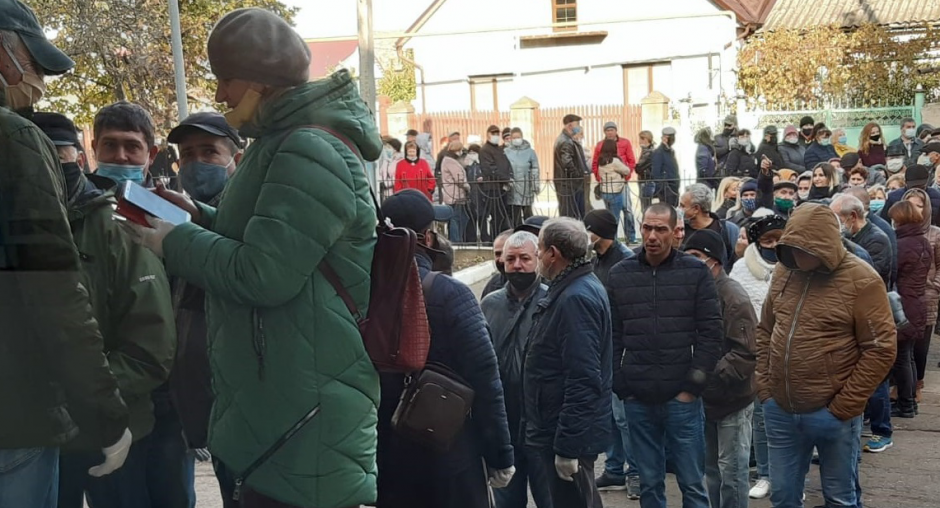Well-managed presidential run-off in Moldova clouded by negative rhetoric and ineffective campaign finance rules, international observers say

CHISINAU, 16 November 2020 – Yesterday’s presidential run-off in Moldova was well managed in the challenging circumstances caused by the COVID-19 pandemic, but negative and divisive rhetoric devalued the campaign amid ineffective rules on campaign financing, international observers from the OSCE Office for Democratic Institutions and Human Rights (ODIHR) said in a statement today.
“We saw the intolerant rhetoric increasingly becoming a campaign topic in itself. It had a polarizing effect and damaged public respect for the country’s political leaders,” said Corien Jonker, head of the ODIHR limited election observation mission.
While the competitive campaign ahead of the first round of the election continued, the tone became distinctly more negative as the candidates exchanged outspoken personal attacks. The intolerant and divisive rhetoric fed into campaign materials widely broadcast and circulated across social networks. Allegations of undue influence on public officials and voters and concerns over possible vote-buying continued across both rounds, while corruption, the role of the diaspora, and the country’s future geopolitical orientation were the dominant topics ahead of the run-off.
“Although the election process was overshadowed by the pandemic and its ongoing consequences for the country’s economy and political situation, an orderly transfer of power should help the country address its challenges and move on,” Jonker added.
The country’s legal framework is lacking explicit rules for election run-offs in a number of areas, despite a previous ODIHR recommendation to address these and other legislative gaps. There were also concerns over campaign finance rules. While candidates reported their campaign expenses for the second round within set deadlines, claims of financial irregularities were left without an adequate response, confirming the lack of effective campaign finance oversight. Election day was orderly, despite frequent queues and occasional overcrowding.
In the media, there were a large number of political programmes and interviews dedicated to the election, but the lack of impartiality and balance reduced the quality of information available to voters. The observation mission found that the incumbent received a greater proportion of coverage, while the tone of much of the reporting reflected the ongoing media polarization.
ODIHR’s Limited Election Observation Mission to Moldova took up its work on 23 September with a team of 10 experts based in Chisinau and 22 long-term observers around the country. The mission is focusing on key issues identified by ODIHR ahead of the election in order to assess the extent to which the presidential election was held in line with OSCE commitments and other international standards for democratic elections, as well as with national legislation.
